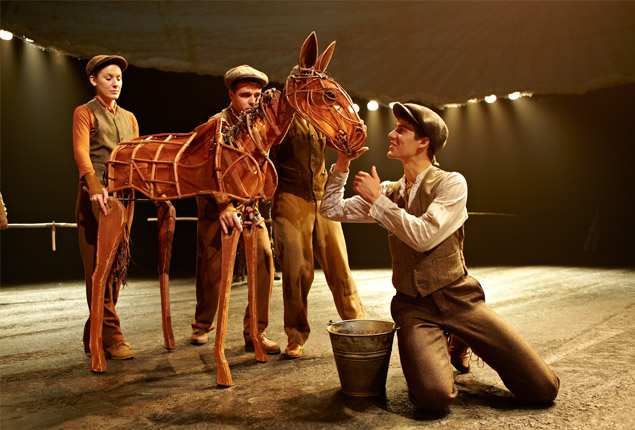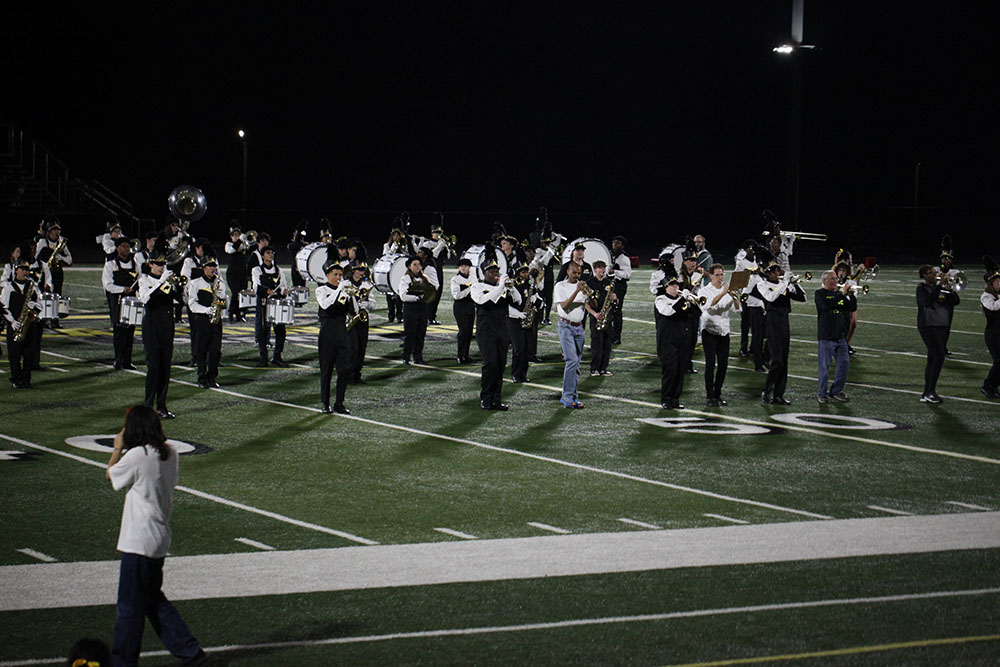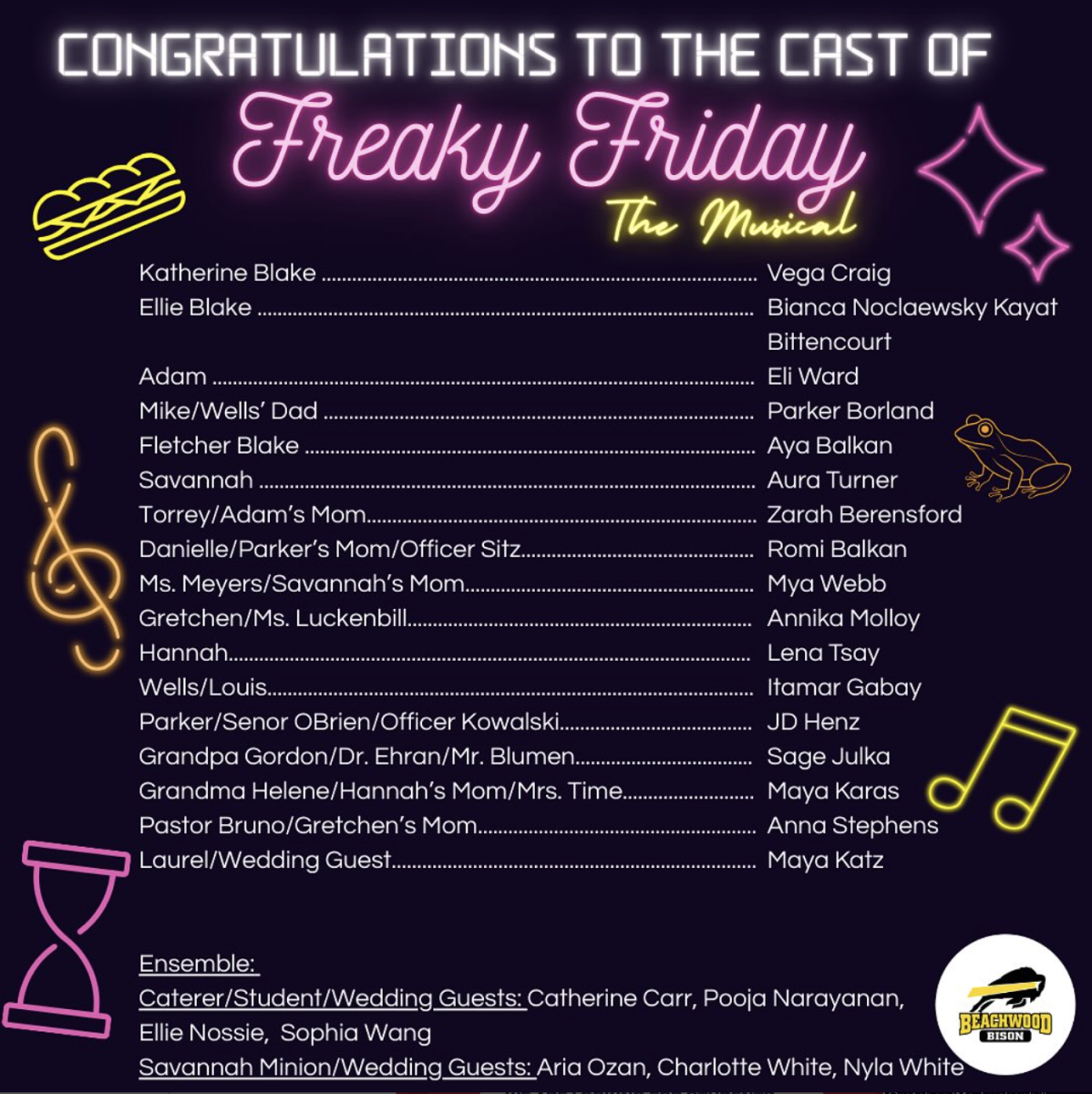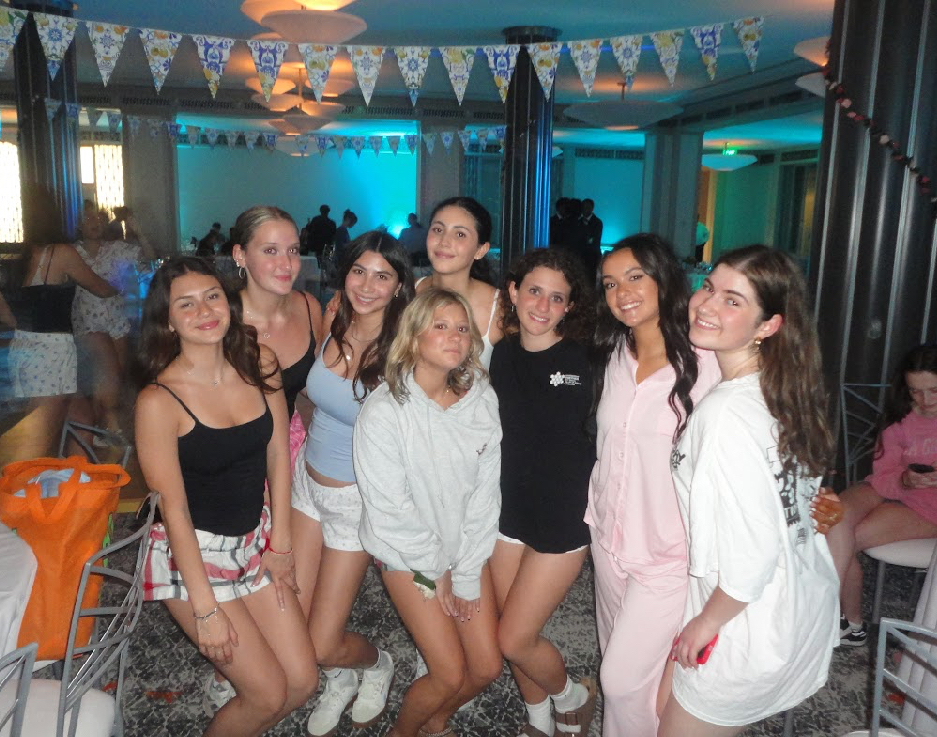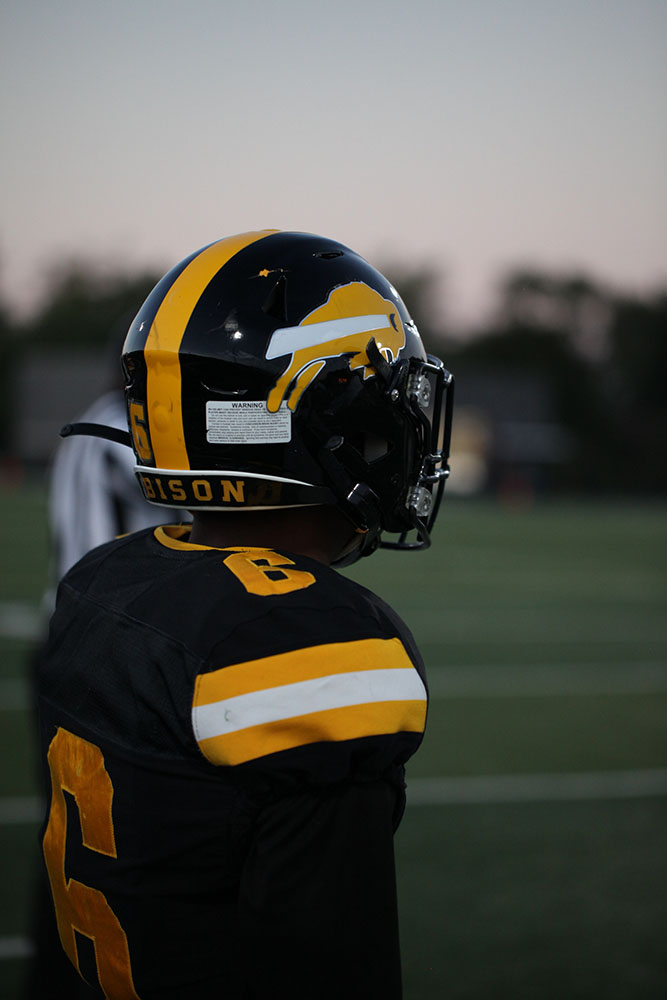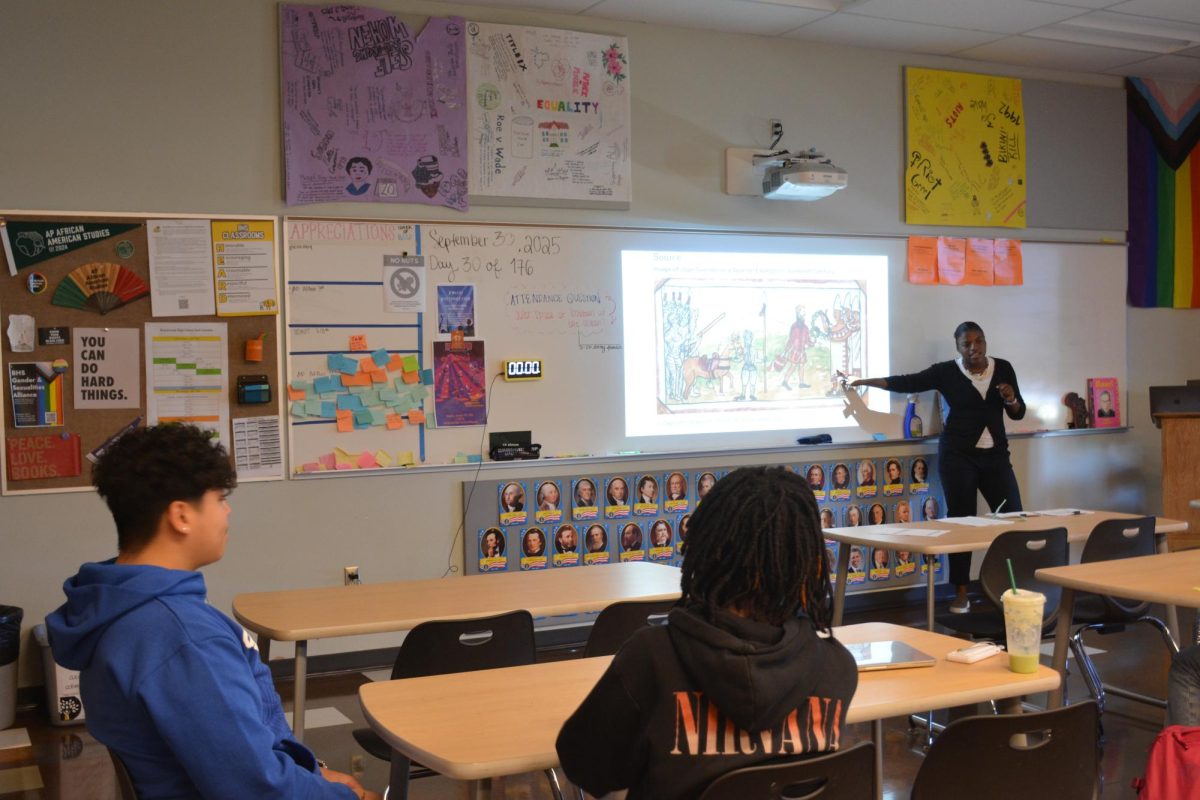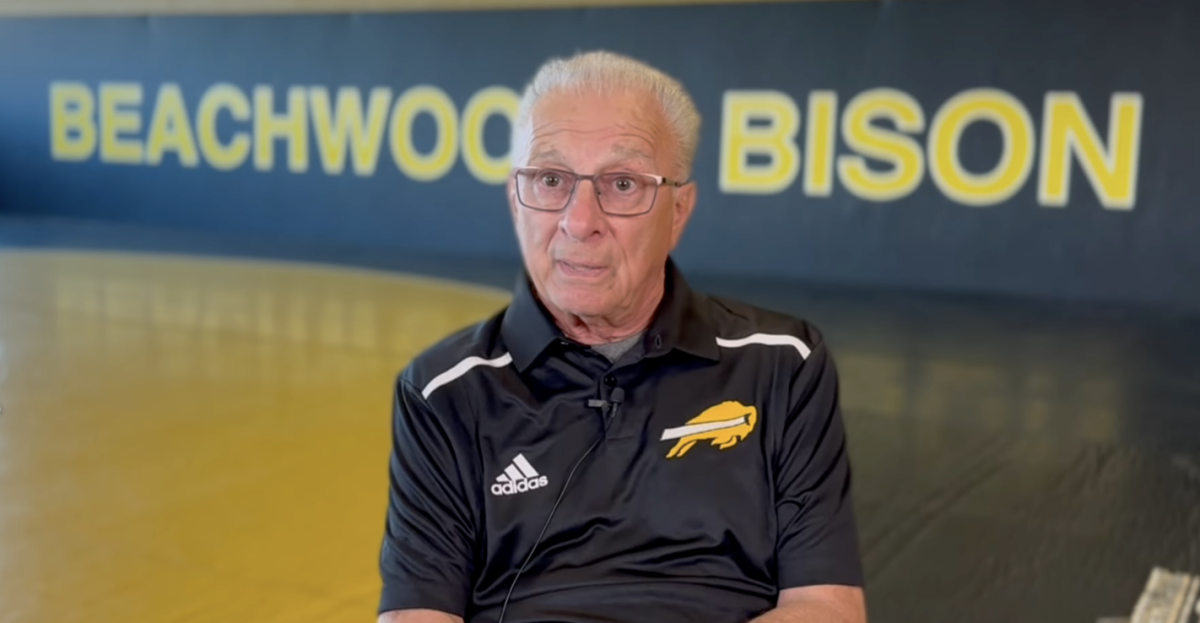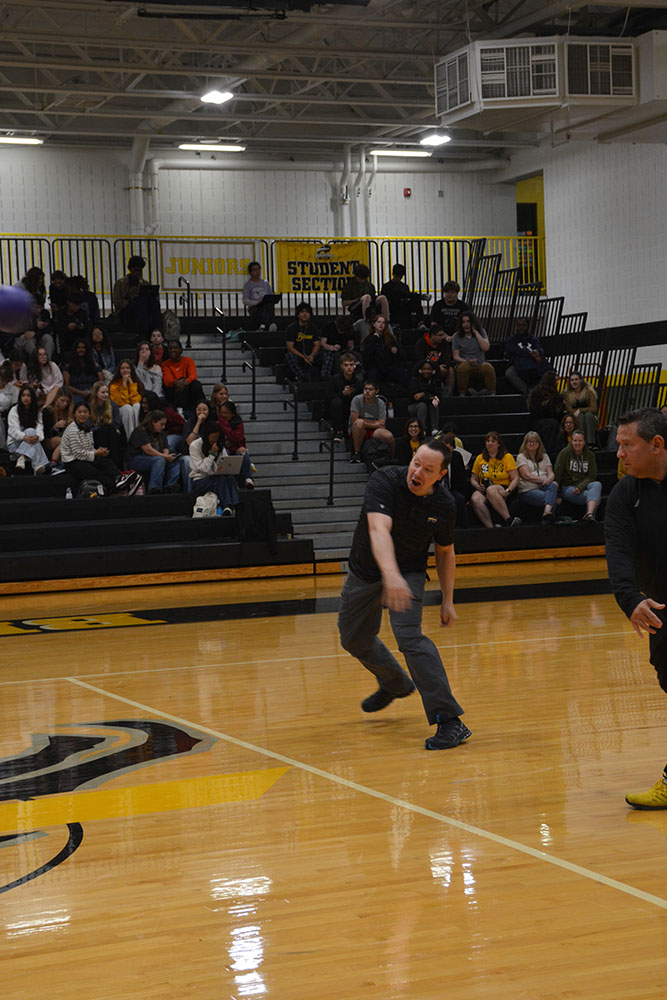Gloriously succeeding in both stunning action and in subtle humanity, War Horse, playing at the Palace Theater until April 21, is a fascinating, richly textured tale that is remarkably enhanced by next-generation technical theater prowess, and very well might be a model going forward for commercially successful non-musicals.
In pre-WWI 1912, a cowardly drunkard named Arthur Narracott (an entertainingly foolish Brian Keane) bets his family’s mortgage on the ability of a newly born horse to plow a field. His son Albert (a cathartic Alex Morf) is charged with the task and develops a close relationship with the horse, whom he lovingly names Joey. When they are victorious, their celebration is short lived when his father sells Joey to the army.
Rebelliously, Albert commits to joining the army to accompany Joey. When they are tearfully separated, Albert grows up with soldiers, and Joey grows up with fellow horses, all in the midst of a harrowingly violent war, mutually longing to be reunited. When the horrors of combat spell doom for Joey, a blinded Albert miraculously calls on the favors of his soldiers to bridge the distance between the armies and bring the two together.
Albert is the star of the show, both an irritable hormonal adolescent, and a sensitive, affectionate hero whose brotherlike experiences with his horse Joey and their subsequent separation are truly touching. The English townsfolk and German soldiers are as captivating as they are authentic.
But the true acting accomplishment here is the animals, who are controlled onstage by athletic, emotive, vocal operators who create a compelling, lifelike performance both in dramatic, comedic, and in-between situations. The Handspring Puppet Company, a South African firm, brilliantly created the jumbo-sized animal puppets.
Period vocalization and John Williams-esque orchestration fit so well into the play that they hardly go noticed.
Similarly, the costuming hardly goes noticed, due to its well-fitted match to the material.
Channeling Apple, the sets are simple and innovative. Particular action sequences are rather psychedelic due to the masterful motion technology that the puppetry cooperates with the scenery.
While officially billed a “play”, comparing War Horse to a Broadway musical is not far-fetched. Combining the piece’s carefully scripted dialogue, experientially essential vocal and orchestral soundtrack and mind-numbing and sublimely convincing animal choreography, War Horse resembles a fresh recipe for a triumphant musical.
War Horse’s only fault is its worn, predictable story. Imagine nearly any play or film about a young soldier in World War I, and combine it with the tone and themes of a film about a young boy and his lost dog, à la Air Bud, and you’d get something nearly identical to War Horse. Similarities could easily be drawn to Charlotte’s Web and others children’s tales. However, an unexpected, shockingly dark turn in its third act puts it next to war films like Jarhead.
Additionally (and rather unfortunately), a young farm girl in war-torn Germany named Emilie (played by a laughable Lavita Shaurice) is acted so acerbically, she sadly brings down both any scene she is in and any other actors near her whenever she appears on the stage. Her portrayal is maddeningly moronic, shamelessly unrealistic, desperate, and unnecessarily schizophrenic. The character, and the entire production, with its rare faults, would do well if she was replaced by another actress.
War Horse is truly a rare sight: an interwoven acting ensemble that adores the material, a serene spectacle of sexy engineering, and an unoriginal story that manages to breathlessly pull new life into its own dramatic canon. War Horse is a show you cannot miss.



